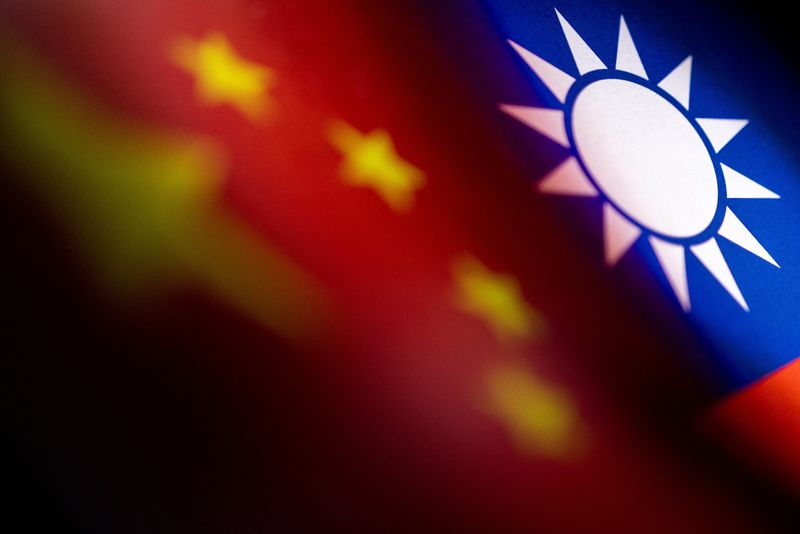Fubotv earnings beat by $0.10, revenue topped estimates
Investing.com - Disagreements over Taiwan are now less likely to derail trade discussions between the United States and China, according to analysts at BCA Research.
At the moment, U.S. tariffs on imported Chinese goods now stand at 30% following a 90-day trade truce reached between the world’s largest economies earlier this year. The two had previously been conducting an escalating tit-for-tat tariff war that threatened to leave levies on both countries in the triple digits -- possibly imperiling global activity in the process.
Washington and Beijing’s trade detente is set to expire on August 12, although U.S. Commerce Secretary Howard Lutnick has suggested that it would likely be extended by further 90 days. Still, Lutnick has refused to dismiss the chance of more tariffs on China being introduced, particularly as the White House ratchets up its scrutiny of countries -- such as India -- which buy oil from Russia.
The U.S. and China are also at odds over Taiwan, a democratically governed island which Beijing has claimed as its own. Taiwan, traditionally with U.S. backing, has rejected the claim.
However, in a note, the BCA analysts flagged that a recently failed recall election in Taiwan could ease the path ahead for U.S.-China trade negotiations. The recall campaign had looked to oust two dozen lawmakers in Taiwan who were in opposition to President Lai Ching-te -- a major proponent of a push to further separate the island from China.
"Strategic tensions in East Asia, especially over Taiwan, posed the greatest threat to U.S.-China trade talks this year -- but recent political developments in Taiwan suggest that threat is falling," the BCA Research analysts wrote.
"For now, [...] China is not forced to take military action against Taiwan, while the U.S. is not forced to reject trade talks with China for the sake of Taiwanese security."
As a result, the BCA strategists led by Matt Gertken said there is a 55% chance of a U.S.-China trade deal being reached before the U.S. mid-term elections next year, or even as early as the fourth quarter of 2025. But they added that there remains a possibility that the talks will fall apart due to current U.S. threats of secondary sanctions on China.
